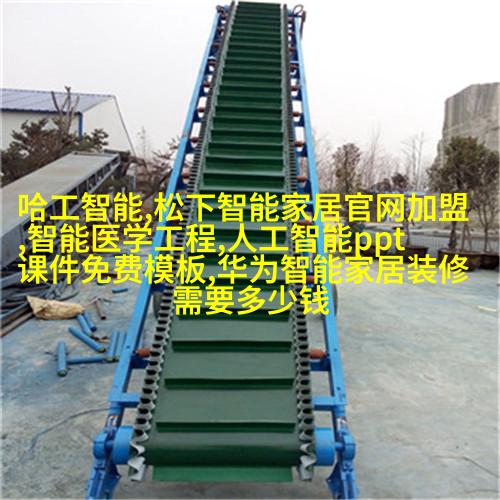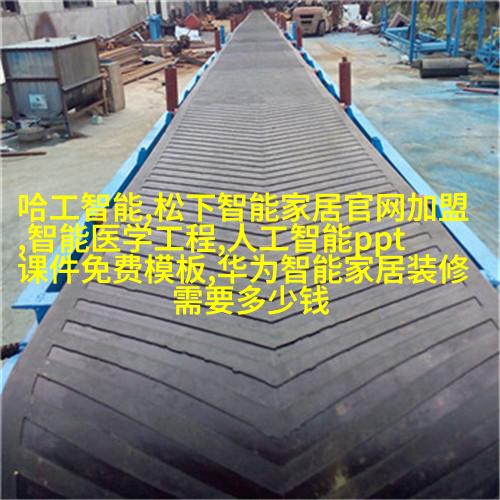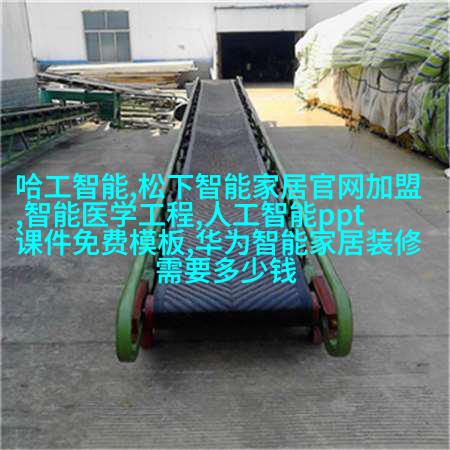智能水处理系统是现代化工领域的一个重要研究方向,旨在通过高效、节能的技术来解决传统水处理方法中的问题。其中,membrane(膜)作为核心组件,在这一过程中扮演着至关重要的角色。本文将探讨智能水处理系统中membrane的应用以及其在整个系统中的关键作用。

1.1 智能水处理系统概述
随着全球对清洁饮用水资源日益增长的需求和环境保护意识的提高,传统的化学药剂和物理过滤技术已经不能满足日益严格的标准。因此,人们开始寻求更为先进、高效且环保可持续性的解决方案。这就是智能水处理系统登场的时候了。这种新型系统不仅能够有效地去除各种污染物,还能够实现实时监控、自动调节和优化操作条件,以达到最佳性能。

1.2 化工膜及膜组件
化工膜及膜组件是实现智能水处理目标不可或缺的一部分。它们可以根据不同的应用场景选择合适的材料,如聚酰亚胺(PES)、聚丙烯(PP)、硅胶等,这些材料具有良好的机械强度、耐腐蚀性和化学稳定性,同时也具备一定程度上的通透性,使得分子级别的大分子被拒绝而小分子的则可以通过,从而实现精细分离。此外,由于不同类型的小分子有不同的大小和形状,它们会以不同的速度穿过membrane,从而进一步增强了其筛选效果。

2.0 membane 在智能水处理中的应用
2.1 透析法

透析法是一种利用membrane进行溶质交换或者压力驱动下的溶质转移过程。在这个过程中,不同大小或电荷特征的小分子会根据它们与membranesurface相互作用的情况发生选择性排斥或吸引,从而实现污染物去除。在某些情况下,即使存在微量含量较高的小分子,也可以通过适当设计membranesurface来提高排斥能力,为此需要不断创新新的涂层技术以改善其性能。
2.2 微生物滤材与生态工程

由于传统物理-化学方法难以彻底去除微生物,这就导致了一系列健康风险的问题。而microfiltration (MF) 和 ultrafiltration (UF) 等类型 membranetechnologies 提供了一种有效的手段来隔离细菌、大肠杆菌等微生物。此外,与传统chemical treatment相比,生态工程采用自然界原理进行净化,可以减少使用化学品,对环境造成更小影响,但它依赖于正确设置 membranedesigns 来确保最终产品符合安全标准。
3.0 未来的发展趋势
随着科技不断进步,我们预见到未来几年内将有更多基于nanotechnology开发出更加高效且经济可行性的 membranes。这意味着我们将能够生产出更加坚固耐用的 membranes,以及拥有更好通透性的 materials,这将极大地推动工业生产力的提升同时降低成本并增加能源效率。
此外,一旦成功实施,则这些新型 membranes 将成为智慧制造体系不可或缺的一部分,因为他们允许实时数据收集并分析,并提供即时反馈用于调整流程,以便最大限度地提高整体绩效。
总之,将 nanotechnology 集成到 membrane 设计中是一个巨大的前沿研究领域,其潜在影响可能会深远改变我们的生活方式从而促进人类社会向一个更加健康、绿色、可持续发展社会迈进。
最后,在未来的water management 中,我们预见到 smart water grids 会变得越发普遍,它们结合了 advanced sensing, automation and control technologies with the traditional distribution systems to ensure that clean water is delivered where it is needed most.
这类system 不仅能够优化流量管理还能应对变化气候条件带来的挑战,如干旱和洪灾事件,因此对于future water security 是非常关键的一步。
综上所述,无论是在科学研究还是实际应用方面,都有一大批专家正致力于创造出一系列new generation of membranes 以支持 future needs of our planet.
结语
Smart Water Treatment Systems have become a hot topic in recent years due to their potential for energy efficiency, cost-effectiveness and environmental sustainability compared to traditional methods.The development of new membrane technologies plays a crucial role in this process, enabling the efficient removal of pollutants while minimizing chemical use and reducing waste production.Furthermore, advances in sensing and automation will allow real-time monitoring and optimization of the entire system for maximum performance.The integration of nanotechnology into membrane design holds great promise for future advancements in this field, promising improved durability, selectivity and energy efficiency as well as reduced costs.A smarter approach to water management through smart grids will also be essential for addressing climate-related challenges such as droughts and floods.As we move forward into an increasingly interconnected world with limited resources at our disposal,it becomes clear that innovative solutions like these are not just desirable but necessary if we wish to secure a healthy planet for generations yet unborn.
In conclusion,membrane technology has emerged as a vital component within modern water treatment systems by offering unparalleled precision filtration capabilities coupled with increased efficiency levels.Due to its adaptability across various applications ranging from industrial processes right down towards household usage -this versatile solution continues evolving alongside human ingenuity; thus ensuring long-term sustainability within our resource-constrained world scenario.
As experts continue exploring cutting-edge techniques aimed at refining existing membrane designs or developing novel ones; it's clear that these efforts would lead us closer towards achieving cleaner drinking supplies,a healthier environment alongwith bolstering global economic growth too!